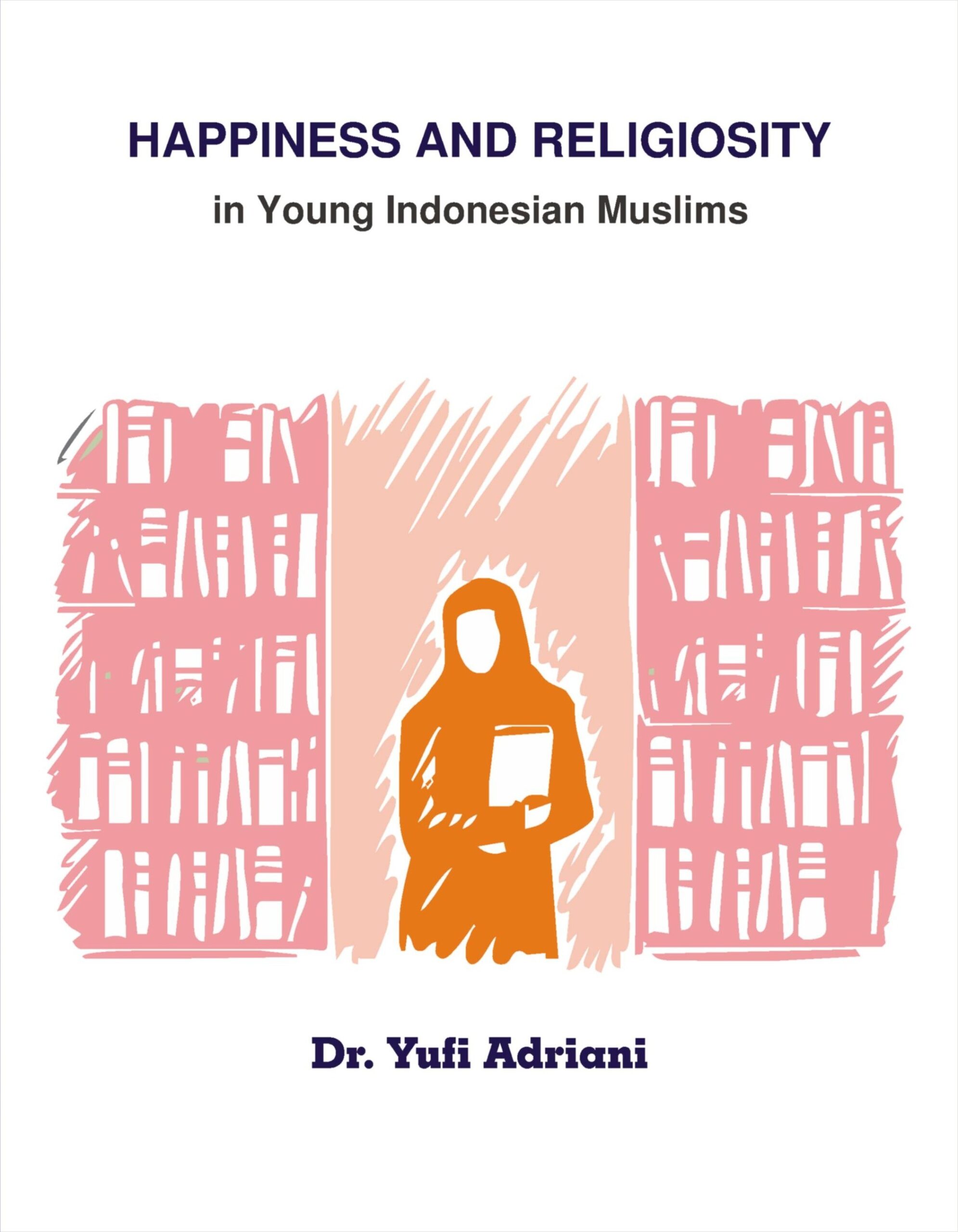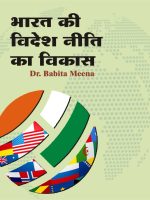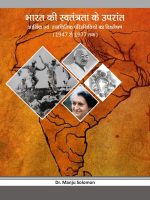This book is only the first step in exploring the relationship between happiness and religion, especially in Young Indonesian Muslims. The content of this book is based on research that has been conducted during doctoral study at Deakin University, Australia and the study aimed is to elucidate the relationship between happiness and religiosity as experienced and understood by a group of 12 young people studying at a large public Islamic university in Jakarta. Interviews with the participants about their understanding of religion and conceptualization of happiness were analyzed using Giorgi’s descriptive phenomenological approach to elucidate the meaning of happiness and religion in young Muslims. The findings show that there were differences in how the participants described their happiness, that a range of factors affected their happiness and influenced their ability to cope with stress. While many of the participants had some of the same ideas about religion and its relationship to happiness that are common in Indonesia in general, religion was not a significant factor in their happiness, nor was it the direct support for them in coping with stress. In this, the study suggests that Indonesia’s widespread assumption that religion is the most significant source of resilience and coping may not apply to younger individuals who typically have many more choices than may have been available in the past.
Describing and give meaning to Religiosity and Happiness and how that two terms can be connected in some ways is not an easy path. It is long-life learning indeed. However,
learning that you can have more of those things is life-changing. Thus, this book will increase your happiness, and it will inspire you a lot. Enjoy!!!
Jakarta, Februari 2021Yufi Adriani











Be the first to review “Religiosity and Happiness in Young Indonesian Muslims”
You must be logged in to post a review.